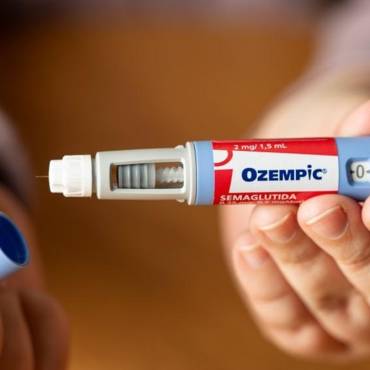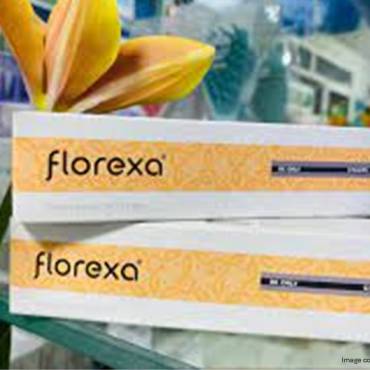Women experience many physiologic changes during pregnancy, including increases in androgen hormone. This may contribute to the development or worsening of acne vulgaris and increase hair growth on various body parts. Are skincare safe for pregnant women; Are products used to treat the above skin condition safe to use in pregnancy? Understandably, women may want to look their best at this important time. This article will help you learn skincare ingredients to avoid while pregnant.
What Are The Skin Care Products Safe For Pregnancy?
A woman has to face numerous hormonal changes throughout her life, an important period one being pregnancy. Like anything else, skincare while pregnant is equally important. One needs to be extra cautious while using skin care products online. During pregnancy, women may suffer acne, rosacea, hair fall, and many more problems. Topical therapy for acne often includes antibacterial retinoids. In addition, many women often use skincare agents such as benzoyl peroxide and glycolic acid. But a lot of them are unaware of skincare to avoid during pregnancy. Here is a list; you can check what’s safe and what to avoid.
Hydroquinone And Other Agents
Cosmetics and over-the-counter skin care products generally contain less likely harmful ingredients during pregnancy as they are used topically on the skin rather than swallowing the tablet. Salicylic acid, benzoyl peroxide, and glycolic acid are skin care ingredients in numerous acne treatments and cosmetics. These skin care are safe to use during pregnancy. Hydroquinone, an over-the-counter skincare ingredient for bleaching skin, absorbs through the skin in larger amounts and, therefore, should not be used by pregnant women.
Topical Retinoids
The amount of topical retinoids like tretinoin absorbed from the skin when using this product is very low. However, case reports of congenital disabilities in clinical trials are associated with topical application of tretinoin, which is consistent with development in an embryo (retinoid embryopathy). For tretinoin, the evidence is controversial, hence should not be considered during pregnancy.
Minoxidil For Hair Growth
Minoxidil used for hair growth are skin care products that require a prescription; therefore, these should not be used without a dermatologist’s approval.
Top Dermatology Advice for Dry Skin
Topical Antibacterials
Erythromycin and clindamycin are used alone or in combination with skin care products as topical solutions for acne. Clinical studies examining oral or topical use of clindamycin reported no increased risk of malformations among those women who used it in the first trimester. Similarly, orally ingested erythromycin in pregnant women has not been associated with fetus harm.
Hair Removal Cream And Bleaching Solutions
Hair removal creams usually contain an ingredient called thioglycolic acid. However, there is no specific data on its absorption because the concentration of this substance is low.
When addressing issues related to hair removal, various skin care products are available such as depilatory and hair bleaching creams.
Calcium, sodium, and potassium hydroxide are also found in depilatory creams and disassociate into potassium, calcium, sodium, and hydroxide ions. These ions are found in large quantities in the body, and the amount of these chemicals found in consumer products that would come in contact with the skin would be negligible; however, they might spread through the skin; the systemic absorption of these ions is minimal and therefore does not increase serum levels and would not be considered an issue for use during pregnancy. Hair bleaching creams contain low concentrations of hydrogen peroxide, and substantial amounts are unlikely to be absorbed after applying topically. Therefore, using such skin care products during pregnancy is not expected to be a concern when used in moderation.
Sunscreens
Sunscreen lotions and creams are commonly used to protect the skin from the sun’s harmful rays and are toxic in animal studies. These products have very limited dermal and systemic absorption. Many pregnant women have used sunscreens to treat or prevent melasma, and adverse events have not been reported.
Tanning Products
Dihydroxyacetone is a colour additive present in self-tanning products for artificially tanning skin. These self-tanning products contain dihydroxyacetone in concentrations ranging from 1 to 15%, and when applied topically, systematic levels are minimal. Therefore, usage in pregnant women would not be of concern.
There has also been concern over the use of vitamin A in pregnancy. However, these concerns are related to the amounts of vitamin A taken orally in large doses. Vitamin A in cosmetic products is generally present in insignificant quantities and minimally absorbed through the skin. It is therefore acceptable to use over-the-counter skincare solutions containing vitamin A. Unbranded items, particularly if sourced from the internet, are not recommended as the basic components cannot be verified.
Conclusion
Besides hydroquinone and topical retinoids, skin care products are not expected to increase the risk of malformations or other side effects on the developing fetus. Consequently, pregnant women can find their best without compromising the health of their unborn children. Consulting a specialist can also help you find the best skincare during pregnancy.



